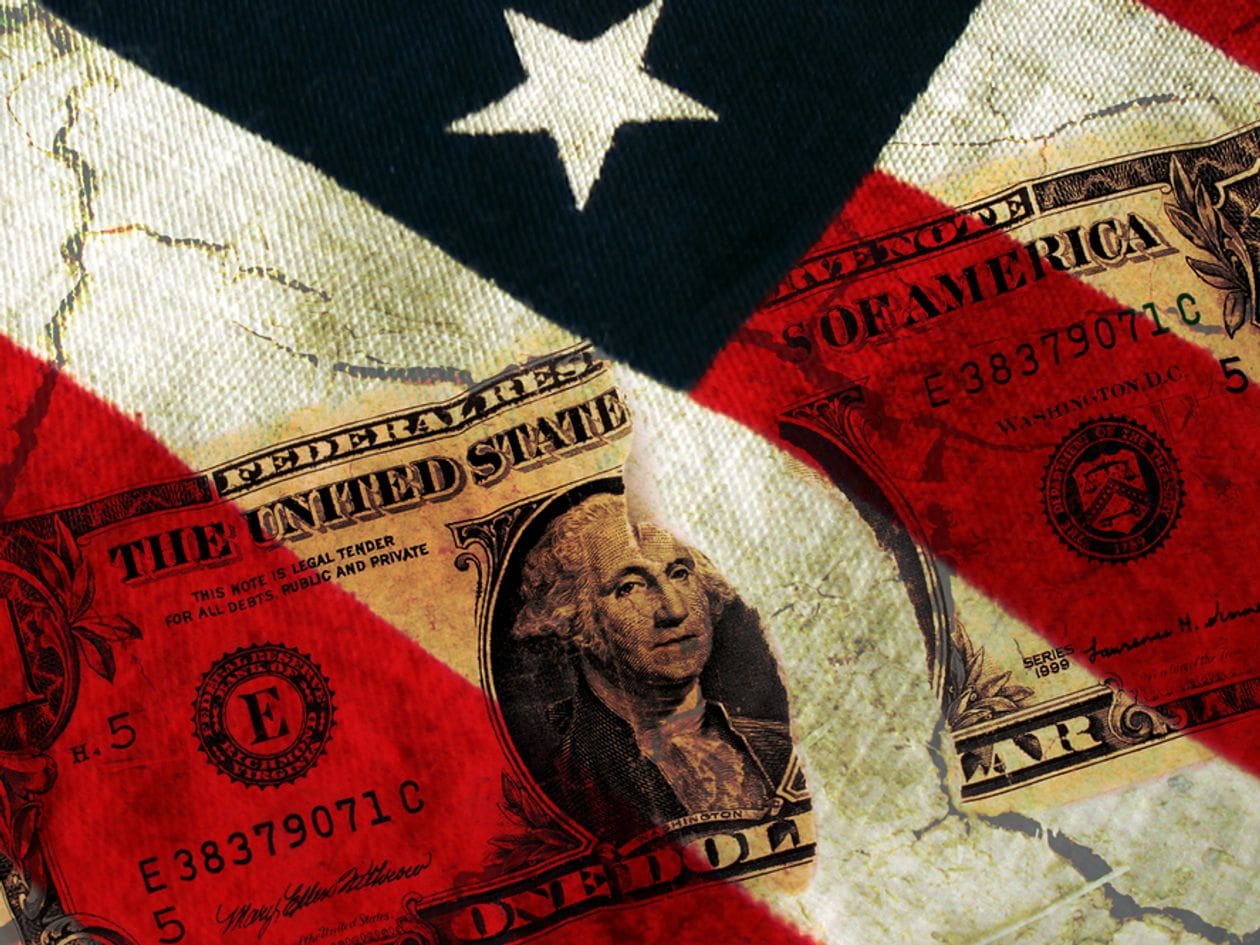Recurrent, direct payments should be a permanent part of the U.S. recession-fighting arsenal.
Opinion by Mark Blyth
Early in the COVID-19 pandemic last year, just one month after dropping out of the U.S. presidential race, Sen. Bernie Sanders (I-VT) took a clear and bold stance for families:
$2,000 monthly checks until the crisis is over.
Sanders’s fight for direct checks is right, as checks are a much needed lifeline for families in the midst of the COVID-induced recession. But there’s more that must be done.
So let’s ask the bigger questions here. Why on Earth in the year 2021 are we relying on checks? And why do we have a political bun-fight over this issue every time it happens?
First, checks. Really? Practically every American has a smartphone. There are tons of banking apps from Paypal to Zelle to Venmo. The U.S. Treasury has a website called Treasury Direct that allows anyone to set up an account to buy Treasury bills and bonds.
The government could simply reverse the direction of those transactions and send cash from the Treasury to those account holders.
No holdups in the mail. No missing addresses. Best of all, we could make it recurring.
We have all heard about the “K-shaped” economic recovery that the U.S. is experiencing. The top 20% of U.S. society commands 80% of the wealth. Whenever that is threatened by a market crash or a pandemic, the Fed swings into action to provide “support” for those markets. What that really means is buying lots of bonds and flooding banks and businesses with cash to stabilize them. The Fed can even promise to buy certain types of assets, such as corporate bonds, to stabilize their price.
The Fed is able to do this because its “pipes” flow from the Fed to the big banks and then out to big firms. The Treasury, what the rest of us rely on, has no pipes, hence the checks.
This is not only unfair — boosting the price of assets held by society’s richest citizens while telling the vast majority to wait for a check is a first-rate inequality booster.
It’s also harmful and needlessly expensive. Recognizing this, we should rethink our financial plumbing and the purpose of our pandemic response. Not just for this crisis, but for the future.
Let’s start with the basics. Can we please stop calling them stimulus checks? That makes them sound like a party drug. They are not. They are better thought of as insurance checks. Why? Because by insuring families against job and income loss, you stop an already bad recession from becoming a deeper crisis.
It simply makes sense to insure society against depressions and families against bankruptcies.
Second, rather than pumping hundreds of billions of dollars into the banking and corporate sectors, somehow hoping that this will impact employment, let’s make these insurance payments electronic, automatic and targeted at families up to the 60th percentile of the income distribution.
Congress can set an employment target such that when U.S. unemployment reaches a certain level the Treasury automatically sends out checks. When the target goes back to its pre-recession peak, the checks automatically stop. This would impact families directly, and given that they will spend what they receive it will not all end up pumping up an asset bubble and ever greater inequality with it. This would be far cheaper than what we currently do and far more effective. It would give the Fed less to do and target Treasury resources far more effectively. Worried about cost or even future inflation? Easy. Once we return to the target, raise taxes. Both problems are solved.
Direct payments to families are effective. The first check issued in the spring of 2020 was a primary reason that U.S. poverty fell at the start of the recession.
But as the money ran out, up to 8 million people were forced into poverty. As chair of the Senate Budget Committee, Sanders has the opportunity to continue to lead the fight to get money to those most impacted by the pandemic — and make sure it continues until the crisis is over.
But Sanders should push his Senate colleagues and President Joe Biden to make recurrent electronic payments to the bottom 60% of American families a permanent part of the U.S. recession-fighting arsenal. This is the 21st Century, so why are we using a 19th Century technology (the check) to fight today’s economic problems? That’s politics — and it’s politics America can do without.
_____
Mark Blyth is the William R. Rhodes ’57 Professor of International Economics; The Watson Institute for International and Public Affairs, at Brown University.
To see original article please visit: https://time.com/5933102/stimulus-checks-pandemic-over/





















